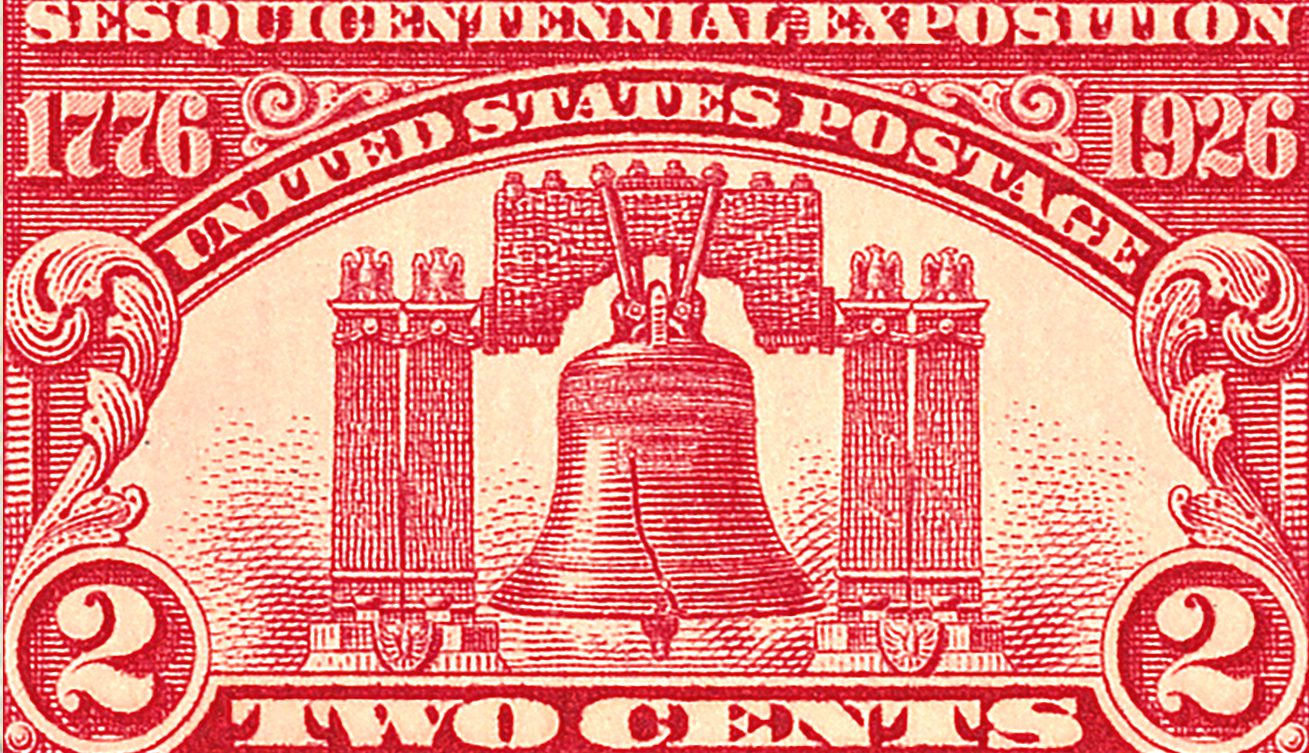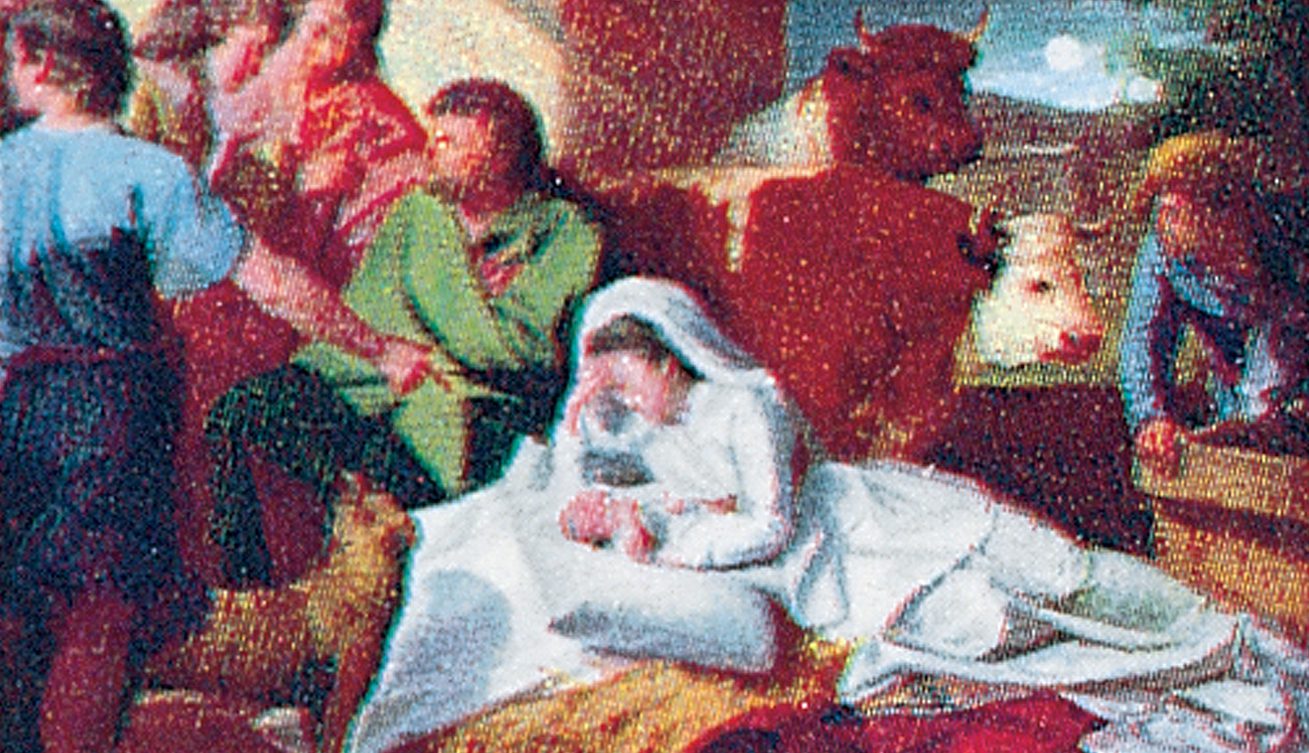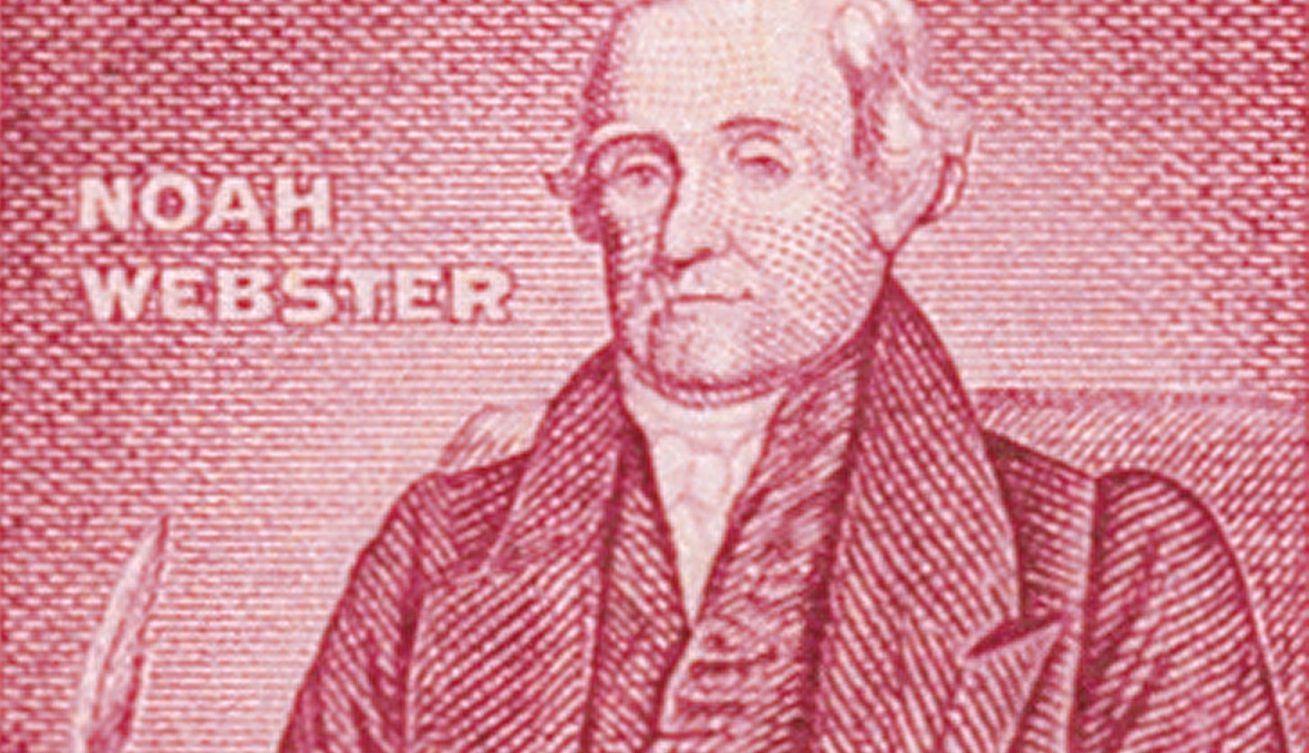Revolutionary War Sesquicentennial
On August 3, 1927, the US Post Office issued two stamps honoring significant events from the Revolutionary War in 1777.

On August 3, 1927, the US Post Office issued two stamps honoring significant events from the Revolutionary War in 1777.

On July 26, 1788, New York ratified the US Constitution, becoming America’s 11th state. It has grown to be America’s fourth most populous state, with more than 20 million residents.

The United States passed the Northwest Ordinance on July 13, 1787 to establish a set of steps all future states would have to follow. It was ground breaking at the time and led to the organized and rapid expansion of America.

On July 8, 1776, the Liberty Bell was rung to announce the reading of the Declaration of Independence.

John Singleton Copley was born on July 3, 1738, in Boston, Province of Massachusetts Bay. Copley was one of Colonial America’s most successful artists and went on to have a thriving career in Europe.

On June 13, 1777, the Marquis de Lafayette arrived in America to offer his services in the Revolutionary War. He would become like a son to George Washington and was soon known as “the hero of two worlds.”

On May 28, 1843, author and lexicographer Noah Webster died in New Haven, Connecticut. Webster developed several important textbooks as well as the dictionary that standardized the American spelling of many words.

James Monroe was born in Westmoreland County, Virginia, on April 28, 1758, to successful plantation owners. America’s fifth president, Monroe presided over the “Era of Good Feelings” and issued the Monroe Doctrine, a policy that was invoked by presidents well into the 20th century.

The first battles of the American Revolutionary War were fought on April 19, 1775 at Lexington and Concord. The American colonists’s brave stand showed the British, and the world, how dedicated they were to the cause of independence.